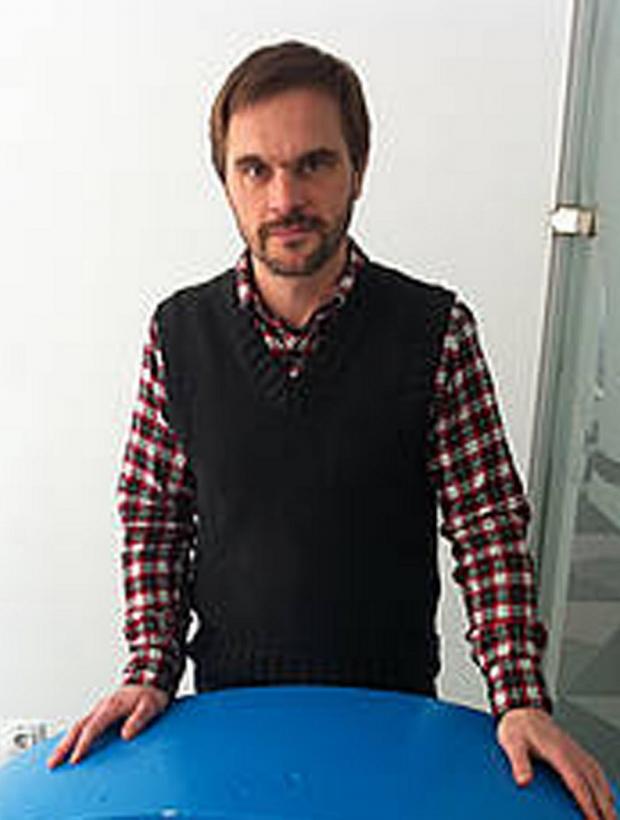 Nicolas Dumay
Nicolas Dumay
Research
Affiliated Researcher
Keywords: neurocognition of language, speech segmentation, spoken and written word recognition, word acquisition, memory consolidation, phonological encoding.
Personal web page: https://sites.google.com/site/nicolasdumay/home
n.dumay@exeter.ac.uk










